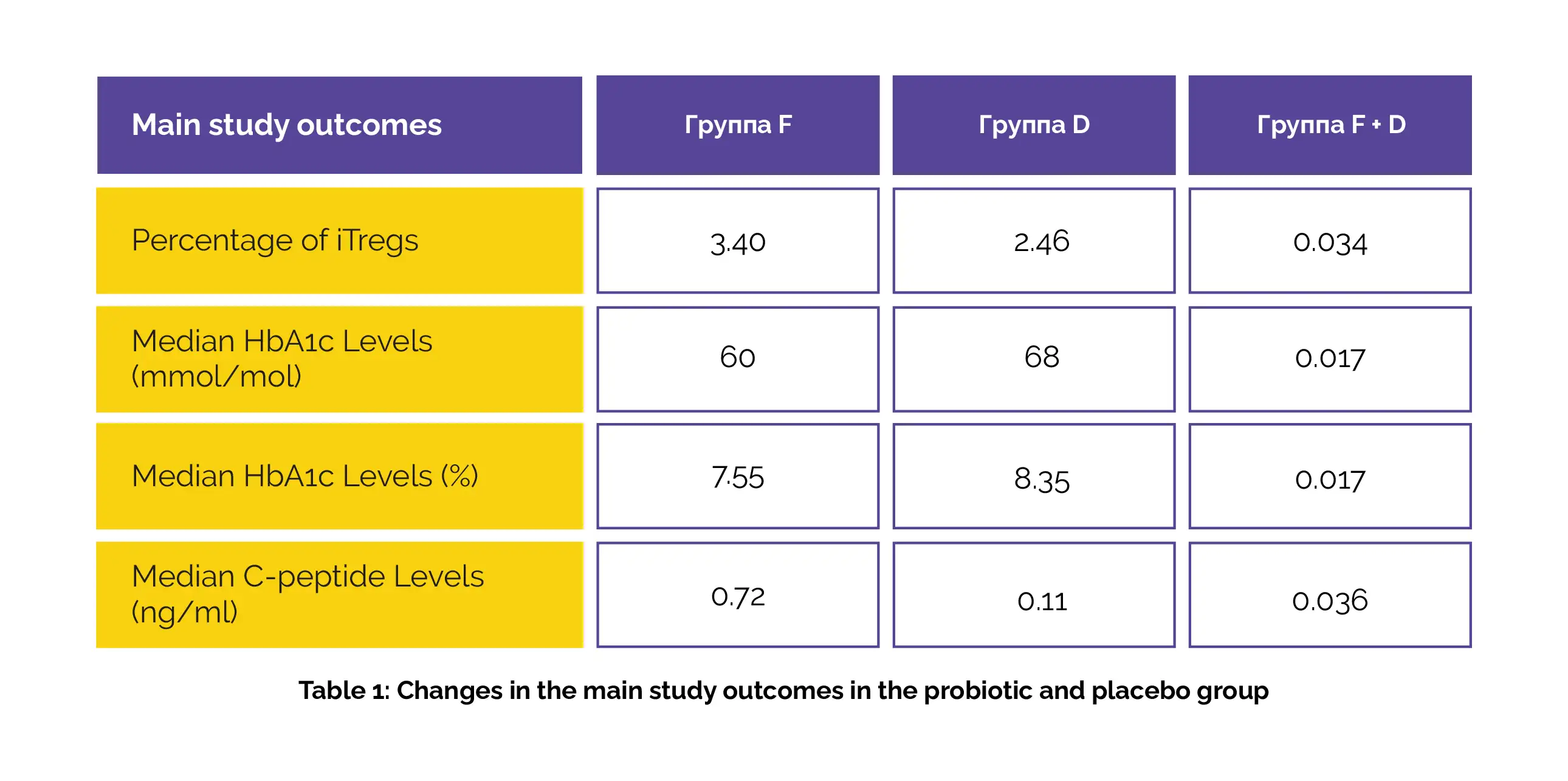Categories
Change Password!
Reset Password!


Oral probiotic supplement promotes more careful control of glycemic values and balanced microflora in type 1 diabetics.
The results of a single-centre randomised double-blinded placebo-controlled study published in the Indian Journal of Pediatrics concluded that oral powder of high-strength probiotics has immunoregulatory benefits, as it maintains the beta-cell function along with better glycemic control in children with type 1 diabetes (T1D).
M.N. Lokesh and colleagues explored the mechanism of glycemic control in T1D children following the oral intake of a high-strength probiotic supplement (comprising 8 strains of live bacteria) by evaluating the markers of immune regulation.
To solve the study intention, children on insulin therapy were randomly assigned to either a probiotic group (receiving highly concentrated probiotic supplement) or a placebo group (receiving corn starch) for 6 months (30 children per group). The main study measurements encompassed the percentage of different islet autoantibodies (markers of T1D), i.e. induced T regulatory cells (i-Tregs), insulin autoantibodies (IAA), glutamic acid decarboxylase autoantibodies (GAD 65), insulinoma-associated 2 autoantibodies (IA2) and plasma interleukin-10 (IL-10). The differences in plasma C-peptide levels and parameters of glycemic control were the secondary outcome variables.
Twenty-three and 27 children in the placebo group and probiotic group accomplished the study, respectively. Compared to the placebo group, the percentage of iTregs increased considerably in the prebiotic group. The levels of HbA1c significantly lessened in the placebo group than in the probiotic group. The probiotics group had significantly elevated median C-peptide levels, detailed in Table 1:

A substantial increase in the levels of plasma IL-10 was perceived in the probiotic group after 6 months.
Indian Journal of Pediatrics
Supplementation of High-Strength Oral Probiotics Improves Immune Regulation and Preserves Beta Cells among Children with New-Onset Type 1 Diabetes Mellitus: A Randomised, Double-Blind Placebo Control Trial
M.N. Lokesh et al.
Comments (0)